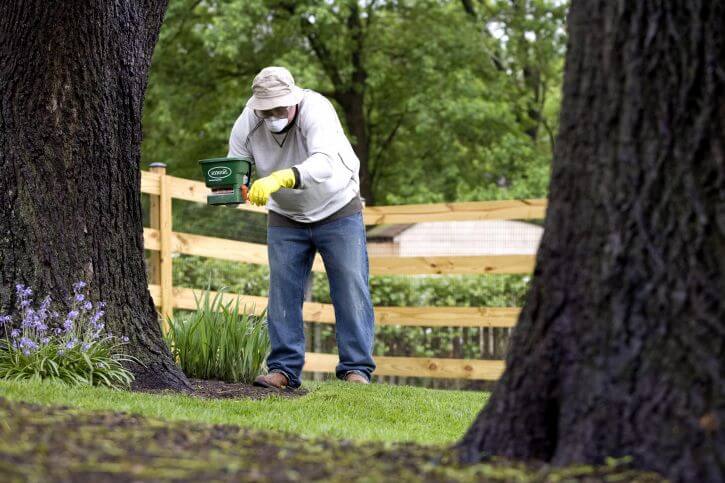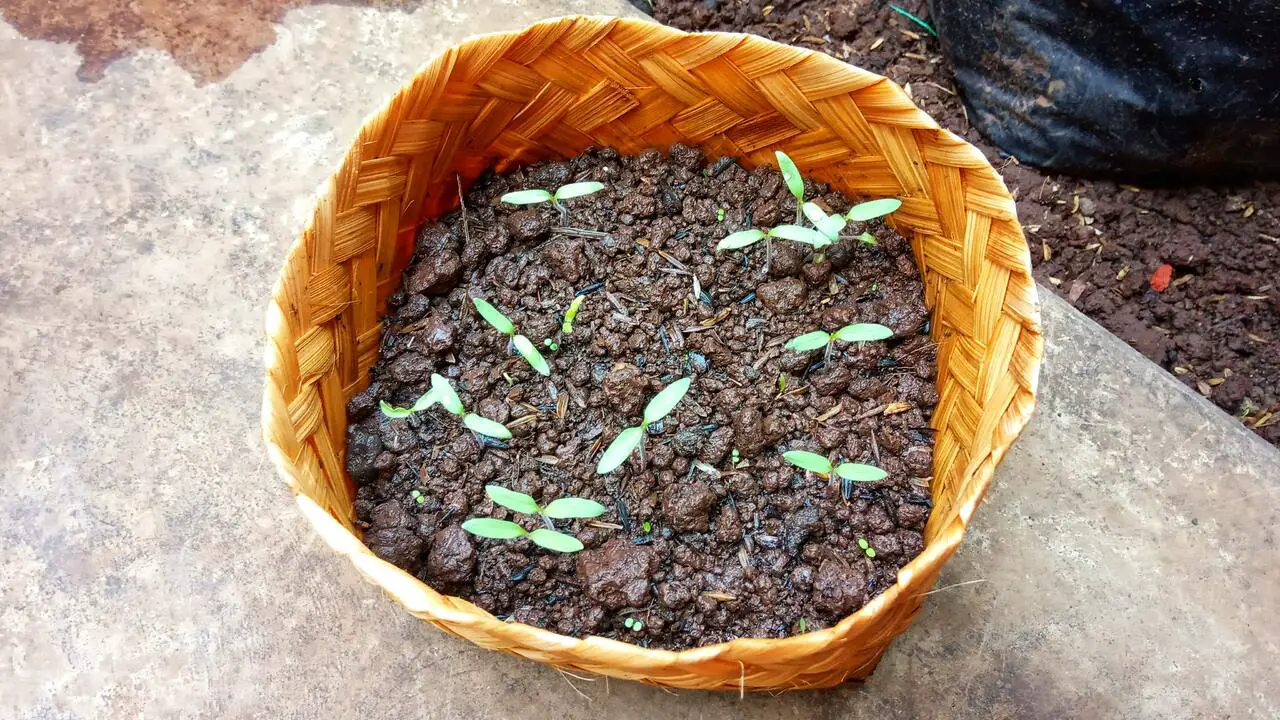Compost is organic decomposed matter which enriches the soil with microbes and nutrients. Compost improves the quality of soil and makes it fertile for plants to grow disease-free. Fertilizers can be either organic or chemical and provide the plants with instant nutrients needed for healthy growth. While fertilizers have excellent short-term benefits, compost ensures greater benefits in the long run.
Organic compost entails decomposed organic matter. Organic compost is created when green materials such as coffee grounds, grass clippings, kitchen scraps, and brown materials are placed in a compost bin and allowed to decompose.
Fertilizers can be either organic or chemical. The organic ones can be manure, bone meal, or compost made from plants or animals.
The inorganic fertilizer is made from gasses, chemicals and processed waste materials.
Table of Contents
Key Differences Between Compost And Fertilizer
1. Compost is natural, most fertilizers are synthetic.
Compost is made from vegetables, fruits, kitchen scraps, food scraps, and brown materials such as sawdust, dry leaves, straws, shredded cardboard, and newspapers.
After decomposing, they become humus beneficial to the soil.
2. Compost is meant to feed the soil while fertilizer feeds the plant.
Fertilizers provide the plant with the major nutrients needed for healthy growth. They are known as NPK carriers (nitrogen, phosphorus, and potassium). Some, however, offer more than the three elements.
Compost improves the quality of soil and makes it fertile. It helps retain moisture in the soil and aerates it, making it easier for plants to take nutrients.
Compost: Advantages & Disadvantages
Benefits Of Compost
- It enhances the soil and helps in preventing erosion.
- It helps in controlling weeds.
- It acts as a soil amendment.
- It aerates the soil and helps in retaining more moisture.
- Promotes the development of healthy microbes for the soil food web.
- Adds more nutrients to the soil.
- It is a slow-release fertilizer because it gives the plants nutrients over time.
- Preparing compost reduces your carbon footprints.
Disadvantages of Compost
One of the major disadvantages of compost is that your compost may contain pathogens and diseases from the decomposed materials that would then affect the soil and the new plants.
You must ensure that you only compost disease-free products in a controlled environment, such as a hot compost system that will kill all pathogens.
Fertilizer: Advantages & Disadvantages
Benefits Of Fertilizers
- Fertilizer helps compensate for nutrients that the soil may have lost.
- It targets the plant’s needs encouraging its health and quick growth.
- It reduces the deficiencies of the soil.
- A fast-release fertilizer provides the plant with instant nutrition.
Disadvantages Of Fertilizers
- Fertilizers can overload the soil with a lot of nutrients.
- The chemicals in fertilizers can affect the symbiotic relationship of the soil microbes.
- Chemical fertilizers can also be toxic to the environment if they are overused.
- Fertilizers are expensive when compared to preparing your compost.
- They affect the microbial balance in the soil.
Do Plants Grow Faster With Fertilizer or Compost?
Research shows that plants grow 37% faster in composted soil than in fertilized soil. The plants also have 48% more leaves than in fertilized soil.
The results prove that while fertilizers target specific deficiencies in plants, they still do not help the plant grow faster than compost does.
This is because the compost will add macronutrients and balance the soil density, helping the plants to develop strong roots and encouraging rapid growth.

Do You Need To Use Fertilizer If You Use Compost?
You do not need fertilizer when using compost in the soil. A good compost allows for long-term retention of nutrients in the soil, which fertilizer does not.
It also improves the soil factors that could have limited the soil fertility, thus allowing plants to grow healthier.
Can You Use Fertilizer And Compost At The Same Time?
You can add both at the same time.
However, before adding both, it is important to remember that all those beneficial microbes will still be in the compost when you apply it to the soil, and adding chemical fertilizer may destroy some of the benefits of compost.
Compost Vs. Fertilizer: Our Two Cents
While organic fertilizers are good for the soil and serve almost the same purpose as compost, chemical fertilizer, are 100% synthetic.
A synthetic fertilizer serves the specific needs of plants. However, it’s more polluting to the environment and affects the soil microbe balance.
On the other hand, compost is beneficial to the soil in the short and long run. It helps amend the soil and gives it the needed microbes for the soil food web.
It adds nutrients to the soil ensuring healthy plant growth. The only disadvantage is that it can contain pathogens.
When choosing between fertilizers and compost, I advise you to choose compost as it has long-term benefits both for your soil and your plants‘ growth.
It is easy to make at home, and most importantly, it helps reduce the amount of waste we take to the landfills.
Overall, Is Compost Better Than Fertilizers?
Compost is better than fertilizer because it’s made from natural materials. In addition, it’s better for the overall environment, unlike chemical fertilizers.
Chemical fertilizers are known to affect the water bodies and imbalance the soil’s microbes when used for a long time.
While fertilizers are a quick fix for plants, they have no long-term effect on improving the soil.
When you compost, you use wastes that would otherwise end up in the landfills, and yet when they decompose, they become quite nutritious to the soil and the plant.

